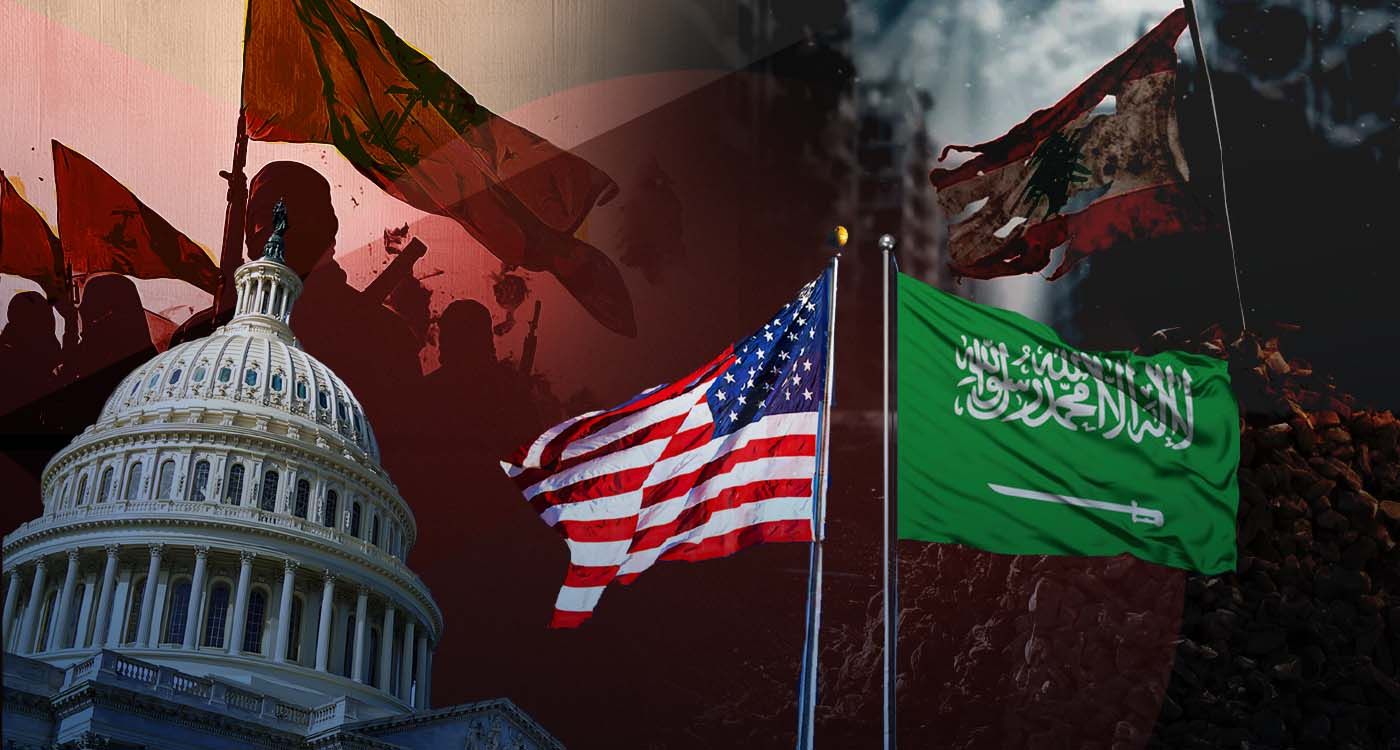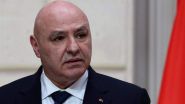
As Lebanese leaders continue to implement half measures that fail to address pressing issues decisively, voices in Washington are increasingly questioning the US's support for Beirut. The context is troubling. From across the Atlantic, it is clear that Lebanese officials have yet to confront their fear of a "weak and defeated" Hezbollah, while the government struggles to enforce laws and extend state authority. This challenge is exacerbated by the inertia surrounding any resolution and a marked lack of decisive action.
As September draws to a close, the relationship between Beirut and Washington is increasingly overshadowed by inadequate security efforts. The US is pressuring Lebanese authorities to disarm Hezbollah while simultaneously providing security assistance to the Lebanese Armed Forces (LAF). Domestic political tensions are escalating, intensifying the volatility of Lebanon's situation and casting a shadow over any remaining optimism.
Recent diplomatic observations reflect a blend of cautious optimism regarding the Lebanese government's initiatives. Following meetings with President Joseph Aoun, sources reported a "general upbeat feeling" about Lebanon's commitment to pursuing disarmament and essential reforms, particularly related to its negotiations with the International Monetary Fund (IMF). Aoun emphasized that Lebanon is not waiting for external actors; rather, it is determined to advance, even if the pace is, as noted, "very slow." Yet, in Washington, this slow progress is increasingly viewed as "empty promises," leading to heightened frustration among US officials.
Despite the emphasis on the LAF's role in maintaining stability, doubts persist concerning Lebanon's capacity and willingness to deliver on crucial governance promises. Political fragmentation has rendered these assurances little more than hollow rhetoric. Without the backing of US support, the LAF's ability to enforce law and order is critically undermined, further destabilizing an already fragile security landscape.
The Trump administration has made it unequivocally clear that disarming Hezbollah is a priority, crucial not only for Israel's security but also for broader regional and Lebanese geopolitical stability. American officials are linking US aid directly to Lebanon's commitment to dismantling Hezbollah's military capabilities. The expectation is straightforward: Lebanon must confront and disarm the militant group to secure continued US support. This linkage has manifested in ultimatums regarding military and economic assistance, creating a high-stakes scenario for the Lebanese government.
However, this demand is fraught with complexity. Hezbollah's entrenched presence in Lebanese politics and society complicates efforts to disarm. The group's deep-rooted loyalty among the Shia community creates internal resistance within the Lebanese political system and risks triggering a backlash from Hezbollah supporters. Consequently, pressure from the Trump administration is perceived as a double-edged sword—it could provide a much-needed path to assistance, but it also carries the risk of causing conflict.
The demands placed on Lebanon come with significant challenges. The nation's compliance with US expectations is further complicated by Hezbollah's stubbornness and ongoing violations of United Nations Security Council Resolution 1701, with a tangible concern that Hezbollah's military capabilities continue to expand unchecked.
The ramifications of this shifting American stance could have dire consequences for Lebanon's recovery efforts. With the window of opportunity rapidly closing, both Lebanese leaders and citizens must grasp the gravity of their current trajectory. As an economic crisis deepens, coupled with the looming specter of instability, Lebanon's hopes for recovery hinge on the government's ability to prioritize effective governance and sincerely embrace meaningful reform.
In this dynamic, the US plays a pivotal role—scrutinizing compliance with ceasefire agreements alongside France, while keeping an eye on the larger picture that could influence Lebanon's immediate future. The time for decisive action by the presidency, the government, and the parliament is now!




Comments